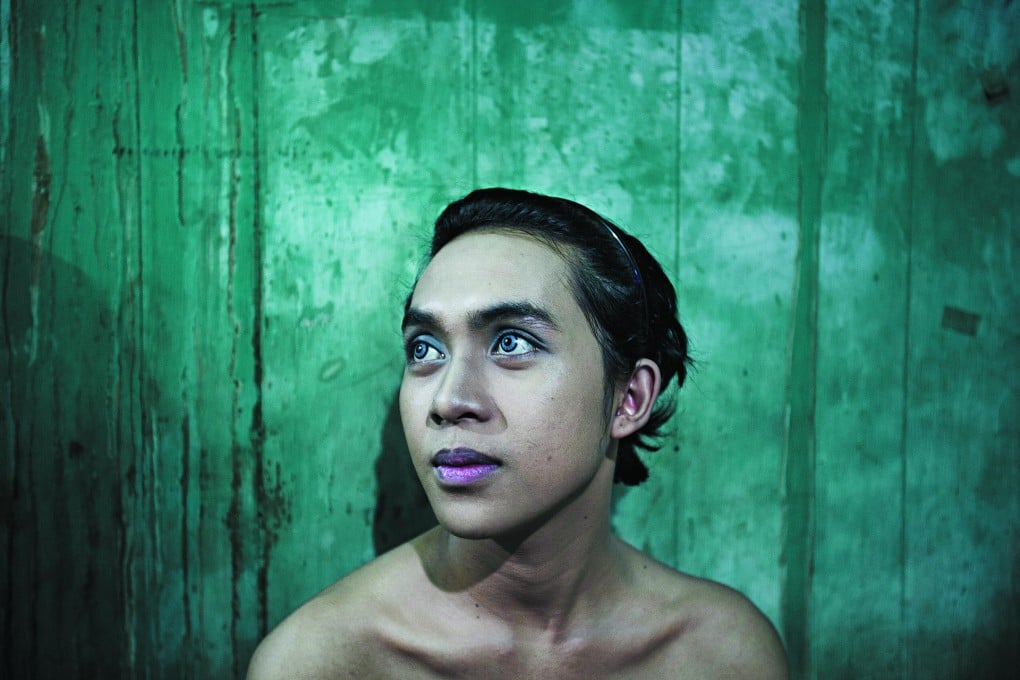Way of the waria
Indonesia's transsexual community has long lived in the shadows, but now a few defiant voices are calling for integration, writes Alessandro Ursic. Pictures by Giorgio Taraschi

A leafy street cutting into one of Jakarta's wealthiest neighbourhoods, Taman Lawang is only a few blocks south of the Hotel Indonesia roundabout, with its iconic fountain and nearby glitzy malls. Come midnight, however, the dimly lit road belongs to young beauties in stilettos with names such as Tiara, Marsha and Venus. Drivers - potential clients - pull over to look appraisingly at these pedestrians; giggling teenagers on scooters seem to be allured by a sense of taboo or erotic possibility. For these sidewalk queens are transgender sex workers, and Taman Lawang has long been their territory.
Prostitution is a common career choice among Indonesia's transsexuals, given the scarcity of alternative work. In the sprawling, predominantly Muslim archipelago of 246 million souls, the vast majority live by fairly moderate adherence to the Koran. But religion has clearly played a part in undermining acceptance of the " waria", a popular word combining the Bahasa Indonesia for woman (" wanita") and man (" pria"). Discrimination in employment is widespread and countless ashamed parents sever bonds with their transgender offspring once they reach adulthood. Many end up sleeping under bridges. Others busk or find jobs at beauty salons or food stalls.
Activists such as "Mami" Joyce are fighting for better integration of the waria, and are taking care of the more vulnerable. In the seedy looking, low-rise alleys behind Taman Lawang, she has recreated something close to a family for 20 fellow transgender sex workers. An imposing 50-year-old, whose buzz cut is concealed by a blond wig every night, Mami Joyce owns this part-brothel, part-commune, run-down apartment whose two floors come alive when its tenants start dolling themselves up for their anticipated customers. The rooms, containing little more than a dusty mattress and a cheap television set, are rented for 400,000 rupiah (HK$300) to 500,000 rupiah a month - the equivalent of three nights' work.
Mami Joyce takes no further cut. What the girls gain, other than proximity to their workplace, is a sense of community.
Aged from 18 to 32, all have witnessed HIV-related deaths; according to a 2007 study, one-third of transgender people in Jakarta have the virus. At Mami Joyce's, talking about Aids reopens old wounds.
"My mission is to instruct my 20 vulnerable children not to repeat the same mistakes," she says, sitting on her leopard-skin-clad bed.